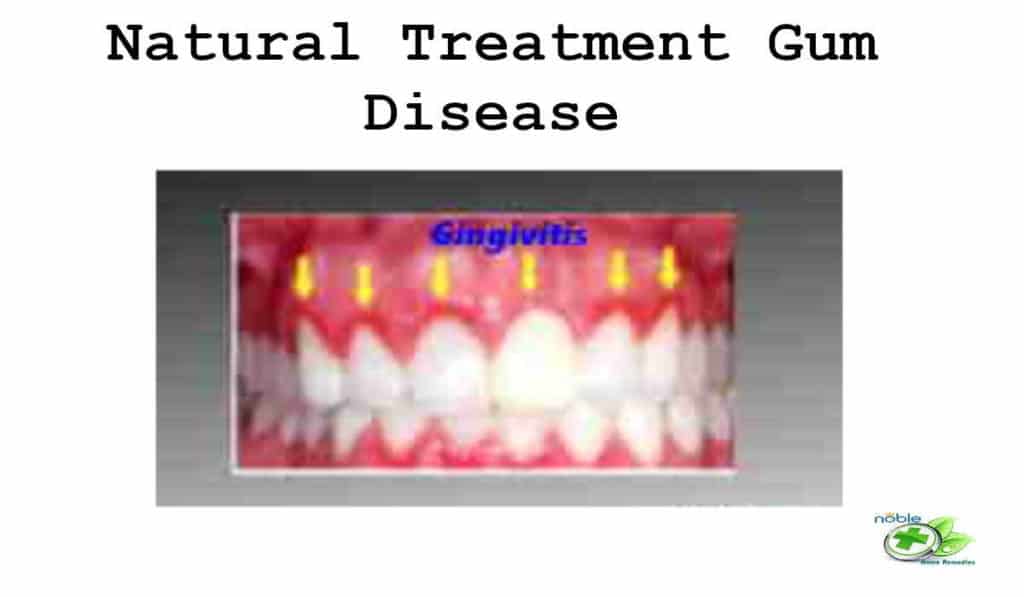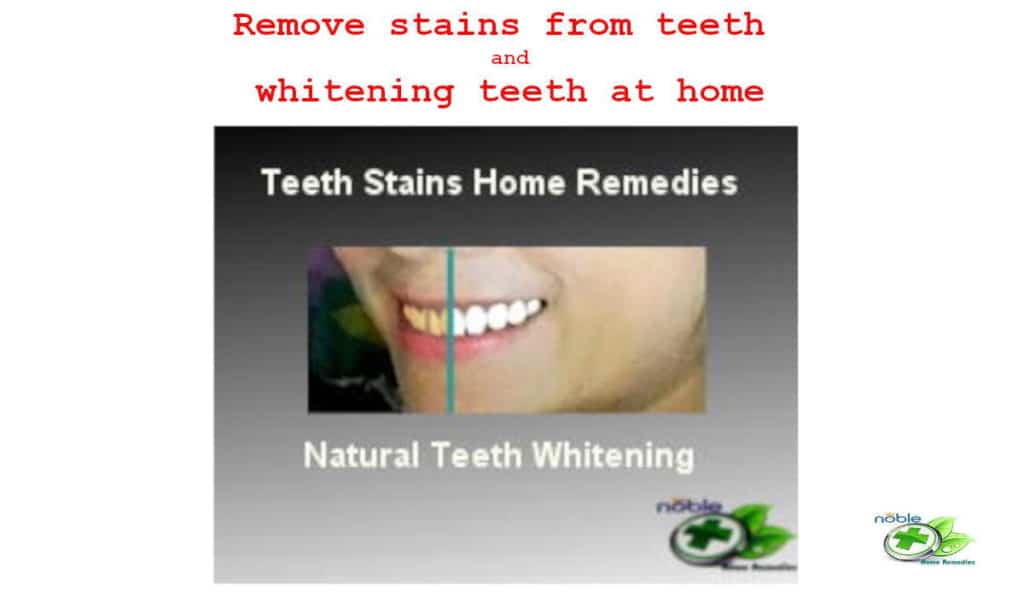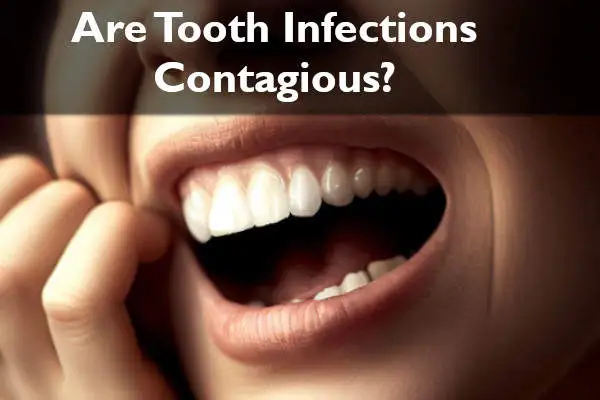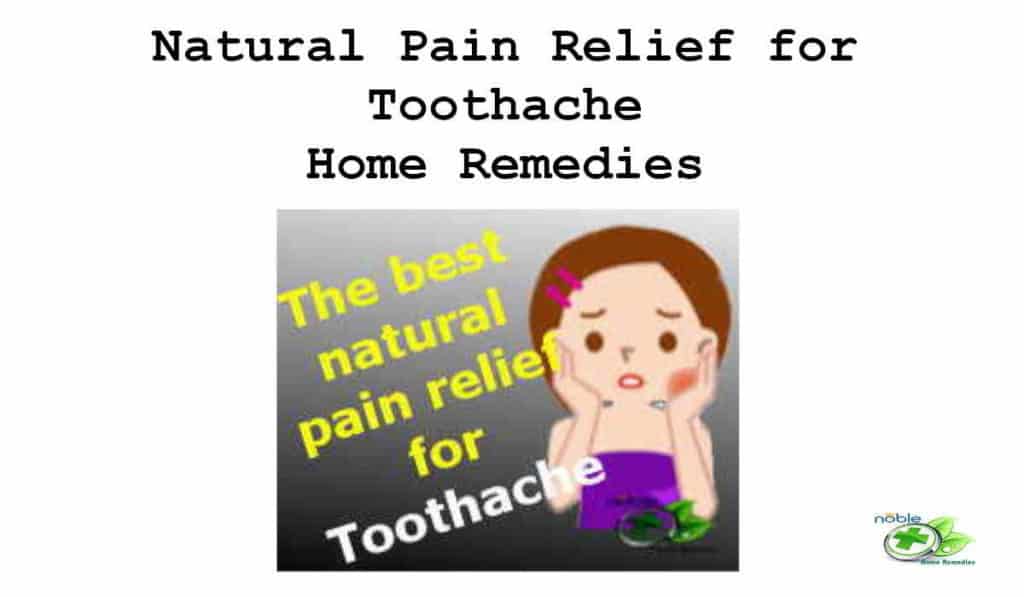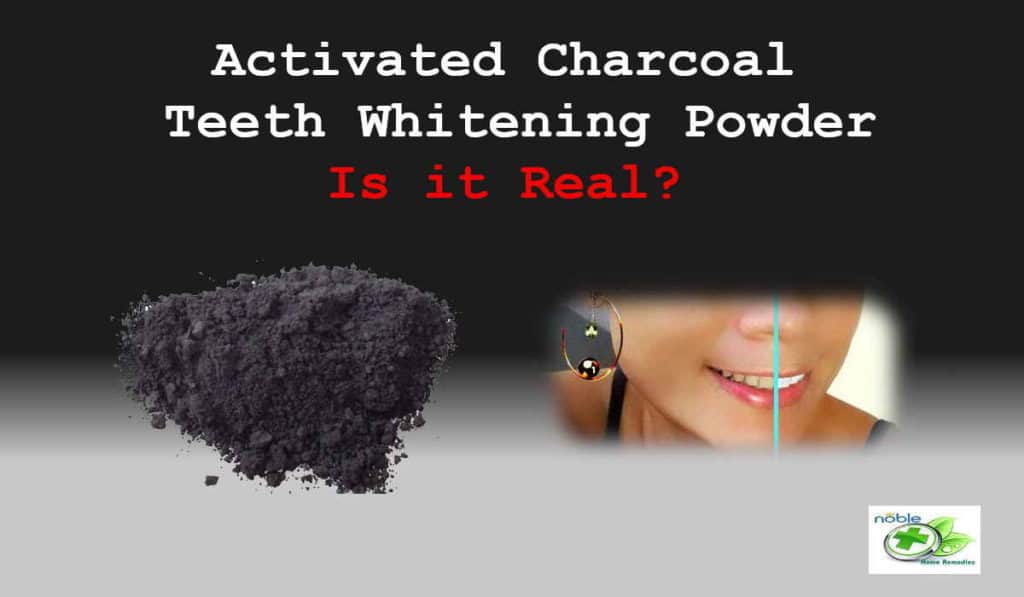Unbeatable Power of Natural Antibiotics for Tooth Infections
Tooth infections can be a common and painful problem that many people face. The throbbing pain, swelling, and discomfort associated with tooth infections can disrupt daily life and necessitate prompt treatment.
While conventional antibiotics are commonly prescribed for tooth infections, there is growing interest in natural alternatives that offer effective relief with fewer side effects.
In this blog post, we will explore the concept of natural antibiotics as an alternative approach for treating tooth infections, and highlight their benefits in terms of effectiveness, affordability, and safety compared to conventional antibiotics.

Tooth infections can arise from various causes, such as dental decay, gum disease, or trauma to the tooth. They can result in symptoms ranging from mild discomfort to severe pain, and if left untreated, can lead to more serious complications. It is crucial to address tooth infections promptly to prevent further discomfort and potential damage to oral health.
Traditionally, conventional antibiotics have been prescribed to combat tooth infections. However, there are concerns about the overuse of antibiotics, which can contribute to antibiotic resistance and adverse effects on gut health. This has led to an increasing interest in natural alternatives, such as natural antibiotics, which are derived from plants, herbs, or other natural sources and offer a promising approach to treating tooth infections without the potential drawbacks of conventional antibiotics.
One of the key benefits of natural antibiotics is their effectiveness in combating bacterial infections. Many natural antibiotics possess antibacterial properties that can help fight the underlying cause of tooth infections, targeting the harmful bacteria responsible for the infection while leaving beneficial bacteria untouched. Additionally, natural antibiotics may offer affordability compared to conventional antibiotics, making them a more accessible option for those on a budget.
Another advantage of natural antibiotics is that they are often associated with fewer side effects than conventional antibiotics. Conventional antibiotics can sometimes cause adverse reactions, such as gastrointestinal upset or allergic reactions, whereas natural antibiotics are generally considered to be safer and well-tolerated for most people. This makes them a viable alternative for individuals who may be more sensitive to the side effects of conventional antibiotics or wish to avoid them.
Natural antibiotics offer a promising alternative approach to treating tooth infections, providing an effective, affordable, and safer option compared to conventional antibiotics. In the following sections of this blog post, we will explore the concept of natural antibiotics, discussing various natural options, their antibacterial properties, and how they can be used to combat tooth infections.
We will also provide practical tips on how to use natural antibiotics safely and complement them with other home remedies and lifestyle tips for optimal dental health. Stay tuned to learn more about the power of natural antibiotics for tooth infections and how they can benefit you!
Understanding Tooth Infections
Tooth infections, also known as dental abscesses, are a common oral health issue that can occur when bacteria penetrate the innermost part of the tooth called the pulp. This can happen due to dental decay, gum disease, or trauma to the tooth. When the bacteria reach the pulp, they can cause an infection, leading to a range of symptoms and potential complications if left untreated.
Causes of tooth infections can vary, but they typically start with a breach in the tooth’s protective layers, such as a cavity or a crack. Bacteria then enter the tooth and multiply, leading to inflammation, pus formation, and pain. The symptoms of a tooth infection may include severe toothache, sensitivity to hot or cold, swelling of the gum or face, fever, and an unpleasant taste or odor in the mouth.
If left untreated, tooth infections can lead to serious complications. The infection can spread to the surrounding tissues, including the jawbone and gums, and even to other parts of the body through the bloodstream. This can result in more severe pain, swelling, and potential abscess formation, which may require more extensive and costly dental treatments, such as root canal therapy or tooth extraction. In severe cases, untreated tooth infections can even lead to systemic infections or sepsis, a life-threatening condition.
It is essential to seek timely and proper treatment for tooth infections to prevent complications. If you suspect that you may have a tooth infection, it is crucial to consult your dentist promptly for an accurate diagnosis and an appropriate treatment plan. Your dentist may prescribe antibiotics, including conventional or natural antibiotics, depending on the severity of the infection. However, it’s important to note that antibiotics alone may not be sufficient to address the underlying cause of the infection, and other dental treatments may be necessary, such as draining the abscess, root canal therapy, or tooth extraction.
Understanding tooth infections is crucial for timely and proper treatment to prevent potential complications. If you experience symptoms of a tooth infection, do not ignore them and consult your dentist promptly.
In the next section, we will explore the concept of natural antibiotics as a potential treatment option for tooth infections, providing insights into their effectiveness, safety, and how they can complement conventional dental treatments for optimal oral health. Stay tuned to learn more about the power of natural antibiotics for tooth infections!
Introducing Natural Antibiotics
Natural antibiotics are compounds found in nature that possess antibacterial properties and can help fight infections caused by bacteria, including tooth infections. These natural remedies have been used for centuries in traditional medicine for their potential therapeutic effects without the use of synthetic antibiotics.
Garlic: One of the most well-known natural antibiotics is garlic. Garlic contains a compound called allicin, which has strong antibacterial properties. Allicin is released when garlic is crushed or chopped, and it can help inhibit the growth of bacteria responsible for tooth infections. Some studies have shown that clove oil can effectively kill common bacteria that cause dental infections, such as Streptococcus mutans and Porphyromonas gingivalis, making it a potential natural remedy for managing tooth infections.
Tea tree oil: Tea tree oil is another natural antibiotic that has been traditionally used for its antibacterial properties. It is derived from the leaves of the tea tree and contains a compound called terpinen-4-ol, which has antimicrobial properties. Tea tree oil has been shown to kill bacteria associated with dental infections, making it a popular ingredient in natural toothpaste and mouthwash products.
Clove oil: Clove oil is also known for its natural antibiotic properties. It contains a compound called eugenol, which has been shown to have potent antibacterial effects against various types of bacteria, including those commonly found in dental infections. Clove oil has been traditionally used as a natural remedy for toothaches and tooth infections due to its numbing and antibacterial properties.
Honey: Raw honey isn’t just a sweet treat. It also has natural antimicrobial properties that may help fight off tooth infections. Manuka honey stands out for its high levels of methylglyoxal, a potent antibacterial compound. Applying a small dab directly to the infected tooth or swishing diluted honey as a gentle mouthwash can help ease inflammation and support the healing process.
Ginger: Ginger, a common kitchen staple, is valued for its natural antibiotic properties, largely due to its active compounds like gingerol. To harness its benefits for tooth infections, you can apply a paste of crushed ginger directly to the affected area using a clean swab. Chewing on a fresh piece of ginger is another effective method, as it releases beneficial compounds right where they’re needed. Ginger tea or infusion also offers soothing, anti-inflammatory effects from within.
These natural antibiotics work by inhibiting the growth and multiplication of bacteria, disrupting their cell walls, and interfering with their metabolic processes. They can help reduce the bacterial load in the mouth and provide relief from tooth infection symptoms.
It’s important to note that while natural antibiotics can be a complementary approach to managing tooth infections, they should not replace professional dental care. It’s crucial to consult with your dentist for an accurate diagnosis and an appropriate treatment plan. Natural antibiotics should be used under the guidance of a healthcare professional, and it’s essential to be mindful of potential allergies, interactions, and contraindications.
Natural antibiotics are compounds found in nature that possess antibacterial properties and can help fight tooth infections. Garlic, tea tree oil, and clove oil are some of the natural antibiotics that have been traditionally used for managing tooth infections due to their antibacterial effects. However, it’s important to use them under the guidance of a healthcare professional and as a complement to professional dental care.
In the next section, we will further explore the effectiveness and safety of natural antibiotics for tooth infections. Stay tuned to learn more about the power of natural antibiotics as an alternative approach to managing tooth infections!
Benefits of Natural Antibiotics
Using natural antibiotics for tooth infections can offer several advantages over conventional antibiotics. Here are some benefits of using natural antibiotics as an alternative approach to managing tooth infections:
- Effectiveness against bacteria: Natural antibiotics, such as clove oil, garlic, tea tree oil, and turmeric, have been shown to possess antibacterial properties and can effectively combat the bacteria responsible for tooth infections. They can help inhibit the growth and multiplication of bacteria, reducing the bacterial load in the mouth and promoting oral health.
- Reduction of inflammation: Many natural antibiotics also possess anti-inflammatory properties, which can help reduce inflammation associated with tooth infections. Inflammation is a common symptom of tooth infections, and reducing it can help alleviate pain and discomfort.
- Affordability: Natural antibiotics are often more affordable compared to over-the-counter antibiotics for tooth infection, making them a cost-effective option for those on a budget. They are readily available in many households or can be purchased at an affordable price from local stores or online.
- Fewer side effects: Conventional antibiotics can sometimes cause side effects, such as upset stomach, diarrhea, and allergic reactions. On the other hand, natural antibiotics generally have fewer side effects, making them a safer option for some individuals who may be sensitive to synthetic antibiotics.
- Sustainable and eco-friendly: Natural antibiotics are derived from natural sources, and their use is generally considered more sustainable and eco-friendly compared to the production and use of synthetic antibiotics, which can have environmental impacts.
- Potential for long-term use: Some conventional antibiotics are recommended for short-term use due to concerns about antibiotic resistance. In contrast, natural antibiotics may be used for longer periods without the same risk of antibiotic resistance, making them a potential option for managing chronic tooth infections.
However, it’s important to note that the effectiveness of natural antibiotics may vary, and they should be used under the guidance of a healthcare professional. They are not a substitute for professional dental care, and it’s crucial to consult with a dentist for an accurate diagnosis and appropriate treatment plan.
Using natural antibiotics for tooth infections can offer several benefits, including their effectiveness against bacteria, reduction of inflammation, affordability, fewer side effects, sustainability, and potential for long-term use. However, it’s important to use them under the guidance of a healthcare professional and as a complement to professional dental care.
In the next section, we will further explore the effectiveness and safety of natural antibiotics for tooth infections. Stay tuned to learn more about the power of natural antibiotics as an alternative approach to managing tooth infections!
How to Use Natural Antibiotics for Tooth Infections
Using natural antibiotics for tooth infections can be a safe and effective alternative approach to conventional antibiotics. Here are some practical tips on how to use natural antibiotics safely and effectively for treating tooth infections:
- Choose the right natural antibiotic: There are various natural antibiotics that can be used for tooth infections, such as garlic, tea tree oil, and clove oil. Research and select a natural antibiotic that is known for its antibacterial properties and has been traditionally used for oral health.
- Follow proper application methods: Natural antibiotics can be used in different forms, such as topical applications or oral supplements. For topical applications, such as garlic paste or tea tree oil, make sure to apply them directly to the affected tooth or gum area using a cotton swab or a clean finger. For oral supplements, follow the recommended dosage and instructions provided by the manufacturer or a healthcare professional.
- Dilute and mix properly: Some natural antibiotics, like essential oils, may need to be diluted with a carrier oil or water before application to avoid skin irritation or other adverse effects. Follow the recommended dilution ratios and mixing instructions to ensure safe and effective use.
- Be aware of potential risks and precautions: Just like with any medication, natural antibiotics may have potential risks or precautions. Some individuals may be allergic to certain natural antibiotics, so it’s important to perform a patch test before applying them to the affected area. Additionally, natural antibiotics may interact with other medications or have contraindications for certain medical conditions, so it’s important to consult with a healthcare professional before using them, especially if you are pregnant, nursing, or have any underlying health conditions.
- Maintain oral hygiene practices: While using natural antibiotics for tooth infections, it’s vital to maintain good oral hygiene practices, such as brushing and flossing regularly, rinsing with salt water, and avoiding sugary or acidic foods and beverages. Natural antibiotics should be used as a complementary approach to professional dental care and not as a substitute.
- Monitor for improvement and seek professional care if needed: Keep track of your symptoms and monitor for improvement after using natural antibiotics. If your tooth infection does not improve or worsens despite using natural antibiotics, it’s important to seek professional dental care promptly. A dentist can provide a proper diagnosis and recommend appropriate treatment options to prevent complications.
Using natural antibiotics for tooth infections can be a safe and effective alternative approach. By choosing the right natural antibiotic, following proper application methods, being aware of potential risks and precautions, maintaining oral hygiene practices, and monitoring for improvement, you can use natural antibiotics safely and effectively for treating tooth infections.
However, it’s important to consult with a healthcare professional or dentist for proper guidance and to ensure appropriate treatment.
Other Home Remedies and Lifestyle Tips for Dental Health
In addition to using natural antibiotics for tooth infections, there are other home remedies and lifestyle tips that can complement your efforts in maintaining good dental health. Incorporating these practices into your routine can help prevent tooth infections and promote overall oral health. Here are some tips to consider:
Follow regular oral hygiene routines: Brushing your teeth at least twice a day with fluoride toothpaste, flossing daily, and rinsing with mouthwash can help remove plaque and prevent tooth decay and gum disease. Proper oral hygiene routines are essential in maintaining good dental health and preventing dental issues that can lead to tooth infections.
- Avoid sugary foods and beverages: Sugary foods and beverages can contribute to the formation of plaque and increase the risk of tooth decay. Limit your intake of sugary foods and beverages, especially between meals, and make sure to brush your teeth or rinse your mouth with water after consuming them.
- Schedule regular dental check-ups: Regular dental check-ups and cleanings are crucial for the early detection and prevention of dental issues. Dentists can identify potential problems, provide professional cleanings, and offer personalized advice on oral hygiene practices. Don’t skip your regular dental appointments, even if you are using natural antibiotics for tooth infections.
- Consider natural mouth rinses: Natural mouth rinses, such as saltwater rinse or hydrogen peroxide rinse, can help reduce bacteria in the mouth and promote the healing of gum tissues. These rinses can be used as a complementary practice along with natural antibiotics to maintain good oral health.
- Avoid tobacco and excessive alcohol consumption: Tobacco use and excessive alcohol consumption can have detrimental effects on oral health, including an increased risk of tooth infections, gum disease, and oral cancer. Quit smoking or chewing tobacco, and limit your alcohol consumption for better dental health.
- Stay hydrated and eat a healthy diet: Drinking plenty of water throughout the day helps to rinse away food particles and bacteria from the mouth, and promotes saliva production, which helps neutralize the acid in the mouth. Eating a healthy and balanced diet, rich in vitamins and minerals, can also support strong teeth and gums.
In addition to using natural antibiotics for tooth infections, incorporating other home remedies and lifestyle tips into your routine can promote good dental health.
Remember, a comprehensive approach to dental health includes a combination of good oral hygiene practices, natural remedies, and professional dental care for optimal results.
Does Coconut Oil Has A effect of Antibiotic for Tooth Infection?
Coconut oil can help keep your mouth clean, but it is not a cure for a real tooth infection. While it has some natural germ-fighting powers, it cannot reach an infection deep inside your tooth.
Important Things to Know:
- Lauric Acid: Coconut oil contains something called lauric acid. This is a natural fat that can kill some bad germs on the surface of your teeth and gums.
- Oil Pulling: Some people swish coconut oil in their mouth for 15 minutes. This is called “oil pulling.” It helps wash away food and germs, similar to how mouthwash works.
- Pain Relief: Coconut oil might make your mouth feel a little better for a short time, especially if you mix it with a tiny bit of clove oil to numb the pain.
Oil pulling is a simple habit you can add to your morning routine. It is best to do it first thing in the morning before you eat or drink anything.
Steps for Oil Pulling
- Measure the Oil: Take about one tablespoon of coconut oil (or sesame oil) and put it in your mouth. If it is solid, it will melt quickly.
- Swish Gently: Move the oil around your mouth and between your teeth like you are using mouthwash. Do not gargle or swish too hard, as this can make your jaw tired.
- Keep Swishing: Aim for 15 to 20 minutes. If you are a beginner, start with 5 minutes and slowly add more time each day.
- Spit It Out: Spit the oil into a trash can. Do not spit it in the sink, because coconut oil can turn back into a solid and clog your pipes.
- Rinse and Brush: Rinse your mouth with warm water to get the oil out. Then, brush your teeth as you usually do.
Important Safety Tips:
- Do Not Swallow: The oil is full of bacteria and germs from your mouth. Always spit it out.
- Don’t Replace Brushing: Oil pulling is an extra step, not a replacement for brushing and flossing.
- Avoid if Healing: If you just had oral surgery, wait until you are fully healed before trying oil pulling.
Takeaway – Harnessing the Power of Natural Antibiotics for Tooth Infections
In summary, natural antibiotics can be a powerful and effective option for treating tooth infections. They offer several benefits, including their antibacterial properties, affordability, and generally fewer side effects compared to conventional antibiotics. Garlic, tea tree oil, clove oil, and other natural antibiotics have been traditionally used for their potential to combat bacteria and reduce inflammation in tooth infections.
As you prioritize your dental health, it’s worth considering natural antibiotics as a viable option. However, it’s important to consult with a healthcare professional or dentist for personalized advice, especially if you have any underlying health conditions or concerns.
We hope this article has shed light on the power of natural antibiotics for tooth infections and provided you with valuable information.
Note: The information provided in this article is not a substitute for professional medical advice. Always seek the guidance of your healthcare provider or dentist for proper diagnosis and treatment of tooth infections or any other health condition.
Source:
Noble Home Remedies adheres to rigorous sourcing standards, drawing information from peer-reviewed studies, reputable academic research institutions, and esteemed medical journals and associations. We prioritize using high-quality, trustworthy sources to maintain the accuracy and integrity of our content. You can learn more about how we ensure our content is accurate and current by reading our editorial policy.
FAQ
How can I get rid of a tooth infection without antibiotics?
Here are some potential ways to manage a tooth infection without antibiotics:
Natural antibiotics: Several natural substances have been traditionally used for their antibacterial properties, including garlic, tea tree oil, and clove oil. These natural antibiotics may help fight the infection and reduce inflammation. However, it’s important to use them properly and consult with a healthcare professional or dentist for guidance.
Saltwater rinses: Rinsing your mouth with warm saltwater can help reduce bacteria and inflammation. Mix a teaspoon of salt in a glass of warm water and swish it around in your mouth for about 30 seconds before spitting it out.
Herbal remedies: Certain herbs, such as calendula, echinacea, and goldenseal, have antibacterial properties and can be used as mouthwashes or applied topically to the affected area. However, it’s crucial to use them as directed and consult with a healthcare professional or dentist before using herbal remedies.
Proper oral hygiene: Maintaining a regular oral hygiene routine, including brushing your teeth at least twice a day, flossing daily, and using an antiseptic mouthwash, can help prevent the spread of infection and promote oral health.
Healthy lifestyle: Eating a balanced diet, avoiding sugary foods and beverages, quitting smoking, and managing stress can all contribute to a healthier immune system, which may aid in fighting off infections.
It’s important to note that these natural remedies may not always be sufficient to completely cure a bad tooth infection, and seeking professional medical or dental advice is crucial.
Is there a natural antibiotic for tooth infections?
Yes, there are natural antibiotics that have been traditionally used for treating tooth infections. These natural substances have antibacterial properties that can help fight off the bacteria causing the infection. Some commonly used natural antibiotics for tooth infections include:
Clove oil: Clove oil has been used traditionally for its analgesic and antimicrobial properties. It contains eugenol, which exhibits antibacterial properties and can help alleviate pain and fight off infection when applied topically.
Garlic: Garlic has been known for its antimicrobial properties and has been used as a natural remedy for tooth infections. It contains a compound called allicin, which exhibits antibacterial properties and can help kill the bacteria causing the infection.
Tea tree oil: Tea tree oil is derived from the leaves of the tea tree and has strong antimicrobial properties. It has been used as a natural antibiotic for dental health and can be applied topically to the affected area or used as a mouthwash.
Turmeric: Turmeric is a spice known for its anti-inflammatory and antimicrobial properties. It contains a compound called curcumin, which has been shown to have antibacterial effects and may help in managing tooth infections.
It’s important to note that while these natural antibiotics may be effective in some cases, they may not always be sufficient to fully cure a tooth infection. It’s also crucial to use natural antibiotics properly and in consultation with a healthcare professional to avoid any potential risks or interactions with other medications.
Trust in your purchase:
Every product featured on our site has been carefully researched and selected based on quality, customer ratings, and positive reviews to ensure you receive excellent value for your money.
Please note:
This post contains affiliate links. If you make a purchase through these links, we may earn a small commission at no additional cost to you. This helps support our site and allows us to continue bringing you valuable content. Thank you!
Thank you for your precious time spent with NobleHomeRemedies.
You may also like:
Get Rid of Bad Breath (Halitosis) – Effective natural way
Get Rid of Bad Breath (Halitosis): 12 Effective Natural Ways Bad breath is something that…
Top 7 Natural Treatment Gum Disease
Top 7 Natural Treatment Gum Disease Gum disease is an infection of tissues of the…
How to Remove Stains from Teeth Naturally
How to Remove Stains from Teeth in Just One Day?: Naturally! How to remove stains…
Are Tooth Infections Contagious?
Are Tooth Infections Contagious?: The Scary Reality Are tooth infections contagious? It’s a question that…
Fast Tooth Pain Relief Natural Remedies
Fast Tooth Pain Relief Natural Remedies – Pepper & Salt Toothache pain can be controlled….
Activated Charcoal Teeth Whitening
Truth About Activated Charcoal Teeth Whitening: Abrasive? The black magic of activated charcoal is a…


